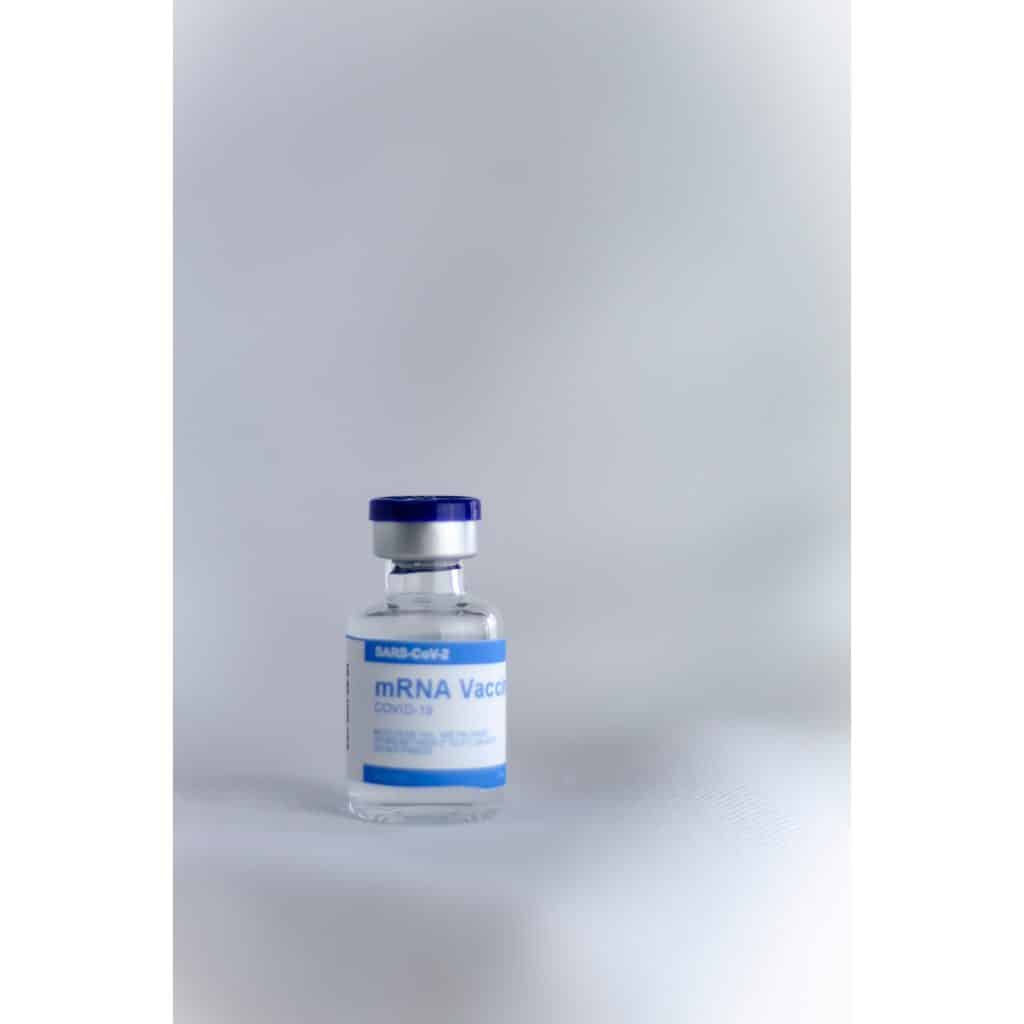
BioNet and BIA Separations collaborate on development of mRNA vaccines
pharmafile | November 2, 2021 | News story | Manufacturing and Production |
BioNet, a leading biotech company manufacturing genetically engineered vaccines, and Sartorius’ company BIA Separations, have announced the development of an mRNA manufacturing process.
BIA Separations, a leading biochromatography development and manufacturing company, has a history of expertise in chromatographic columns for mRNA purification. Combined with BioNet’s expertise in the product development of genetic vaccines, both teams have had the means to collaborate on the optimisation and upscale of a high-yield mRNA production process.
The new process has successfully been applied to the development of mRNA on the frontlines against COVID-19. The mRNA vaccine, produced at BioNet’s manufacturing facility, was developed by Chula Vaccine Research Center, Thailand, in collaboration with the University of Pennsylvania, US.
Both BIA and BioNet are now collaborating on other projects to increase development capabilities and production capacity of mRNA vaccines in Europe and Australia, as well as low-middle income countries.
Hong Thai Pham, CEO, BioNet commented: “We are very pleased to be collaborating with BIA Separations / Sartorius in developing and tech-transferring optimized mRNA vaccine manufacturing processes. When time is of the essence, it is crucial to be able to rely on key partners whilst maintaining the highest level of quality in every aspect of our work. We are also very proud that our team was able to produce two kinds of genetic vaccines (DNA and mRNA) and we look forward to expanding our partnership with the BIA Separations’ team on future projects.”
Aleš Štrancar, Managing Director, BIA Separations added: “We are proud to have been selected to support BioNet’s development strategy and it was a great pleasure to work on their plans to develop an mRNA process. Due to Covid restrictions all the work and tech transfer has been coordinated via teleconferences in the absence of physical meetings and training. Despite this, the manufacturing process was developed in just four months which is close to a miracle.
“This would not have been possible without BioNet’s highly experienced and motivated team. In addition, a special appreciation to our own teams which were, once again, able to develop the manufacturing process in record time”.
Lina Adams






